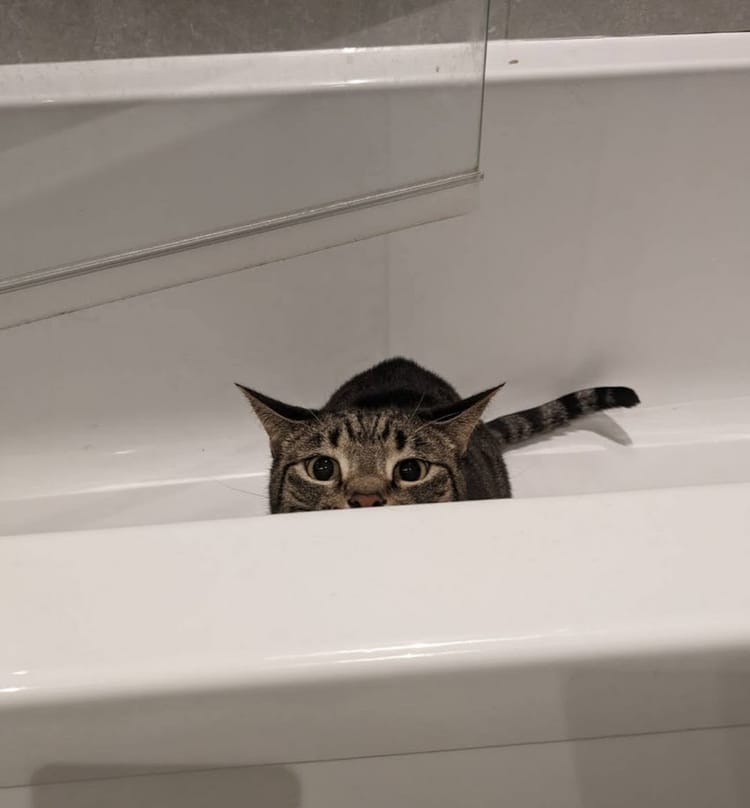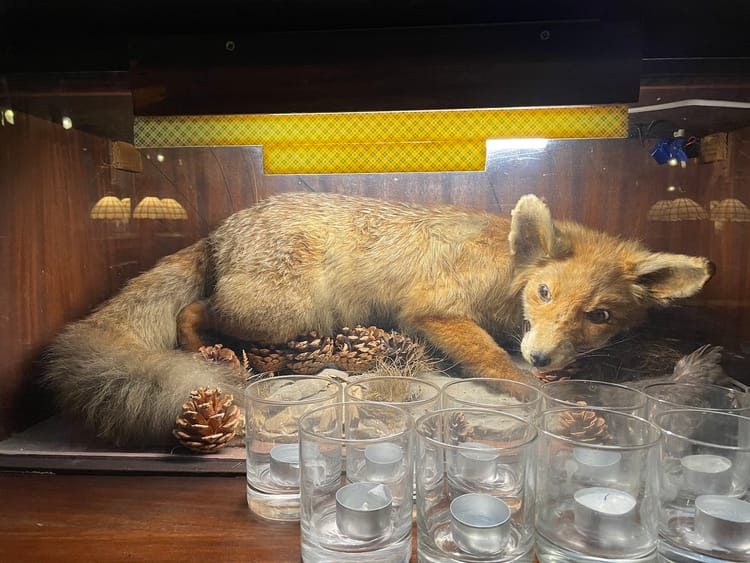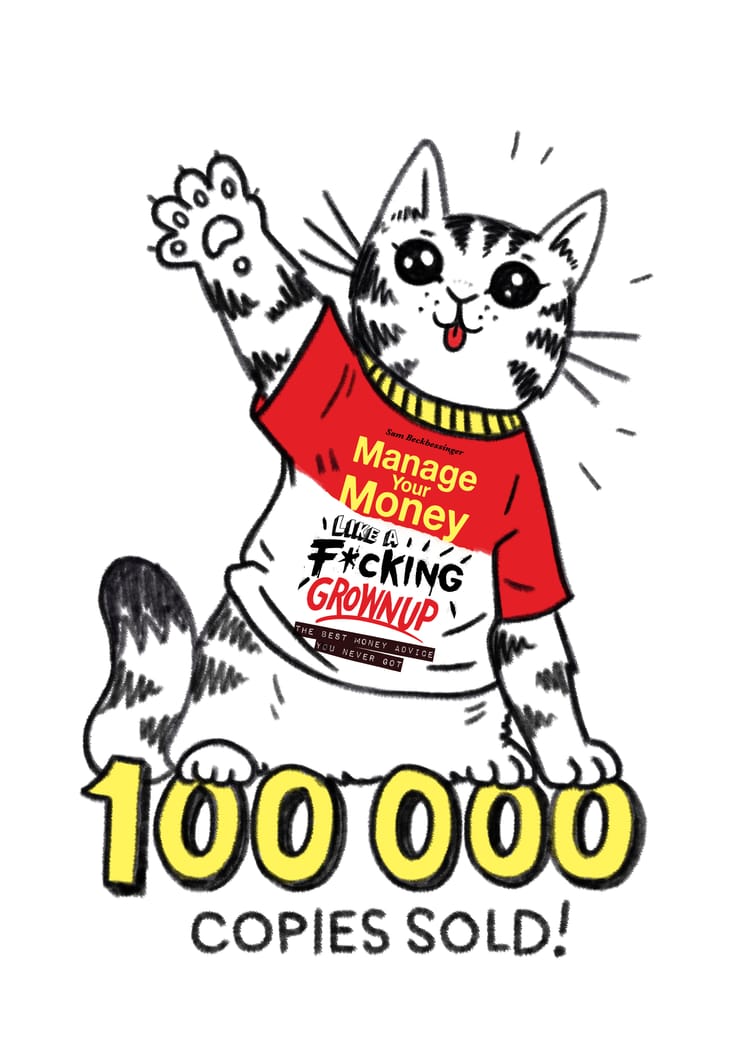Crackles and grooves

Hello loves!
Up until now, I've managed to resist adopting exactly two hipster stereotypes:
- Developing expensive taste in coffee (I'm 100% an instant Nescafe Gold gal).
- Getting a record player.
I've been clutching to these two traits as my last tether to self-respect because the rest of the picture is already far too embarrassing. I live in Hackney. I wear Tevas. I have a lot of tattoos. I have a favourite heirloom tomato. I drink fizzy orange wine that borders on being kombucha. I've made my own kombucha.
Basically, I've avoided buying a record player because I'm already too much of a walking, talking Real Housewives of Clapton meme as it is.

But there's only so long you can resist your essential nature. So, when my partner bought me a turntable for my birthday, I didn’t even pretend not to be thrilled. It's one of the most beautiful objects I've ever owned. The base is rosewood. The metal components have a pleasing heft to them, and seem like they were designed in a German car factory. The sound quality of the speakers they came with is incomparable to the tinny bluetooth thing I've been using for years, like comparing a cathedral's pipe organ to a mouth kazoo. But the biggest revelation hasn’t been the sound quality; it’s how this record player is reshaping the way I engage with music. Specifically, how it’s allowing me to collect music again.
I’m old enough to have grown up with a hard-earned music collection. Today, teenagers can summon any song, anytime, with a few taps on Spotify. My only source of music as a teenager was the Musica in Centurion Mall. The shelves were 90% sokkie treffers with a smattering of American pop, a tiny "Rock" section that lumped together Marilyn Manson with U2, and a single "World" music shelf containing everything from local kwaito to Georgian chanting to Relaxation Mixes - New Agey blends of whale sounds, Urdu singing and Enya for white women to listen to in the bath.
Finding good music back then was an odyssey. Months hunting for that one Björk CD you'd read about in SL Magazine, swapping mix CDs with friends, taping music videos off MTV if you were lucky enough to have satellite. Whatever music you had was precious, hoarded, listened to a billion times over until you knew the lyrics by heart. Even if they were the lyrics to U2.
A collection requires choice, curation. When you're a teenager, that's the whole point: the things you love become the bricolage of your personality. I don't know how kids are managing that today, now that they're all swallowed so deep into the same algorithms. How do you feel smugly superior to your peers for having found an obscure bootleg when the algorithm just really wants you all to listen to Chappell Roan?
<Ehem, old lady voice> The trouble with kids today is they've never experienced musical serendipity!</olv> When I was fifteen, I once stumbled on a nine-minute experimental track from 1981 called "O Superman" by Laurie Anderson. It had been improbably included on one of my mum’s “Top Hits of the 80s” CDs, and for three months, that song was my entire personality. That thrill of a chance discovery is what’s coming back into my life with records. It's become such a joy walking into charity shops, taking a gamble on dusty £1 LP. Like the greatest hits of Rose Royce I found in Oxfam. I bought it just because instead of Side A and Side B, it had a “Dancing Side” and a “Romancing Side.” Turns out, it’s a banger.

Spontaneity is half the joy. The other half is its opposite: curation - the careful hunt for the albums that have soundtracked your life, those albums that are etched into you like grooves in vinyl. The Milk-Eyed Mender by Joanna Newsom, which got me through my last year in Johannesburg during the heart-wrenching breakup that ultimately saved me. Ladysmith Black Mambazo's Shaka Zulu, which my friend Zani used to play obsessively in our res room. David Bowie's The Man Who Sold the World, which my friend Zane and I became obsessed with during the pandemic (it contains a sci-fi track called "Saviour Machine" where a sentient AI which begs humanity to shut it down before it destroys humanity out of boredom). Nick Cave's Push the Sky Away, which reminds me of dancing with my partner in Barcelona. Fleetwood Mac's delightfully drama-filled Rumours, which conjures the perfect memory of my mother singing "Songbird" on her old acoustic guitar. Carrie and Lowell by Sufjan Stevens, which my best friend and I played on repeat during the year we both had a parent dying. Pet Sounds by the Beach Boys, which reminds me of the first time I fell in love and cringily included "God Only Knows" on a mix CD for my boyfriend, which we used to listen to while driving around the streets of Rooihuiskraal at four a.m. because everything was closed but neither of us wanted the date to end, both convinced our teenage love was important enough to deserve a Beach Boys soundtrack.
Records are expensive; you have to make choices. They make you choose. And that’s the point. Infinite things are worthless, but when you sit down to build a collection, you’re forced to consider what you value.
I recently visited my mum in Pretoria, and she gave me an incalculably valuable gift: my dad's LP collection. It's heavy, a thick wad of vinyl I lugged around four airports in an increasingly strained Woolworths bag as it felt too precious to be entrusted to baggage handlers. It's been magical spending time with the music my dad loved. Tina Turner, Rick James, Linton Kwesi Johnson, Ottawan, endless Beatles albums.
(A digression: but holy smokes I'd forgotten how brilliant the Beatles are. I know that sounds like an absurdly basic thing to say, but their albums are so much more groundbreaking and weird than I remembered. The mocking background falsettos underscoring the sassy lyrics of "Revolution"! The disorientating key change in the middle of "A Day in the Life"! The moody lilts of "Blue Jay Way"! If it's been a while since you've actually listened to the Beatles, please do.)
My favourite LP in the stack is a Rolling Stones live album that someone's elder brother smuggled back to South Africa during Apartheid. It has a conspicuous chip in the rim. The story goes that when my dad brought it out to show off at a party, one of his friends was so excited he took a huge bite out of it. My father never admitted this, but I gather from contextual clues that this friend was extremely high on LSD at the time, which was the subtext of a lot of my dad's stories from the 70s.
And this is the other lovable thing about records: they’re physical objects. They pick up scratches and nicks, wear and tear, just like we do. Collectors are always going on about how the crackles and pops of the sound feel "warmer" - obvious nonsense - but you do come to feel affectionately about your records' quirks. My copy of “Midnight Train to Georgia” skips and repeats the song’s crescendo (“Oh, he’s lea-Oh, he’s lea-Oh, he’s lea-!”). It’s as frustrating as an interrupted sneeze. This should be an argument in favour of Spotify, but somehow it isn't.
In The Screwtape Letters, C.S. Lewis imagines a senior demon teaching an apprentice how to tempt humans. The novice thinks you need flashy, hedonistic distractions, but the elder demon knows better:
You will find that anything or nothing is sufficient to attract his wandering attention. You no longer need a good book, which he really likes, to keep him from his prayers or his work or his sleep; a column of advertisements in yesterday’s paper will do. You can make him waste his time not only in conversation he enjoys with people whom he likes, but in conversations with those he cares nothing about on subjects that bore him. You can make him do nothing at all for long periods. You can keep him up late at night, not roistering, but staring at a dead fire in a cold room. All the healthy and out-going activities which we want him to avoid can be inhibited and nothing given in return, so that at least he may say, as one of my own patients said on his arrival down here, ’I now see that I spent most of my life in doing neither what I ought nor what I liked.’ ... Nothing is very strong: strong enough to steal away a man’s best years not in sweet sins but in a dreary flickering of the mind over it knows not what and knows not why, in the gratification of curiosities so feeble that the man is only half aware of them, in drumming of fingers and kicking of heels, in whistling tunes that he does not like...
That was published in 1942, but what a perfect description of the internet in 2024. What is Instagram if not "a column of advertisements in yesterday's paper"? Angels and demons might not be battling over my soul right now, but there are large teams of people employed by Meta and Tiktok and Spotify who are actively trying to wrest control of my attention. They are students of the human mind, and their goals are not my goals. They’re in a meeting right now discussing how to keep me on their apps for another hour, how to smooth the path between me seeing something and buying something, tap-tap-bought. There is an invisible war happening over my time, and my attention, and my energy. Those people work hard to make my experiences with their products frictionless. I've been asking myself recently where I want more friction in my life, where I want things to take a bit more of my attention. Sure, I can tap a button on Spotify and listen to almost any song I can imagine. Or, I can stand up, hunt through my record collection, pick out a record, slip it from its cover, place it on the platter, set it spinning, lift the arm, take a moment to align it perfectly with the rim of the record, then gently set the needle down.
I'd love to hear from you: what are some of the definitive songs in the soundtrack of your life? What are the memories attached to them?
Send me links - I'd love to make a shared playlist to circulate in my next email! Just hit reply.
Wishing you songs that remind you of your first love,
Sam
Yes, I'm aware that it's ironic that I'm including Spotify links for these songs, but it's a bit trickier to send each of you a mix CD 😉






Member discussion